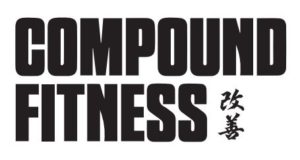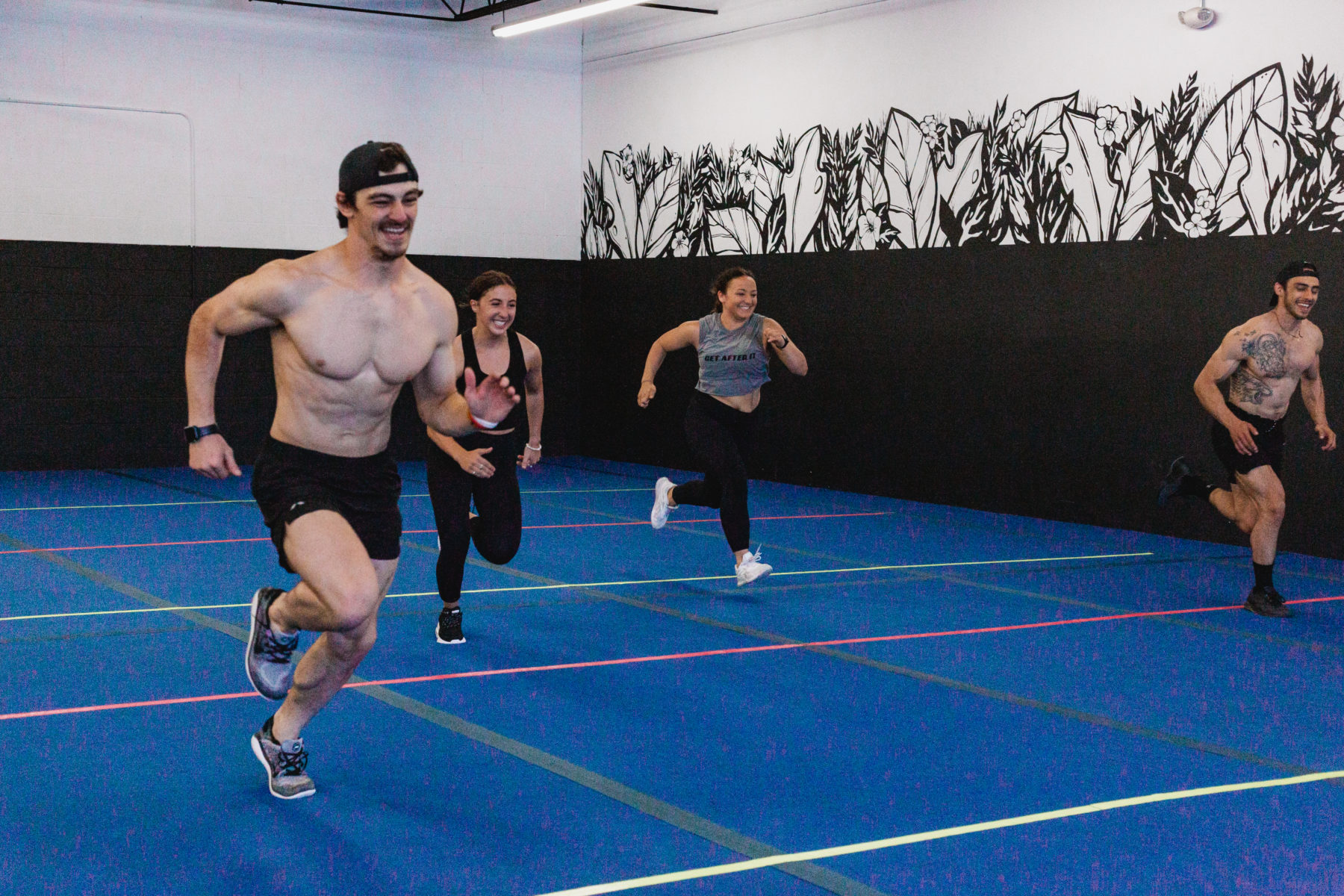
How do we gain muscle? Muscle is gained when muscle protein synthesis occurs. Muscle protein synthesis is the process in which protein is produced to repair muscle damage caused by intense exercise. Muscle growth occurs when the rate of muscle protein synthesis is greater than the rate of muscle protein breakdown (muscle loss). Muscle protein breakdown occurs during strength training & when our protein intake is not high enough. The goal of this article is to give you tips on how to build lean muscle mass.
- Eat enough calories & protein per day.
- In order to promote muscle growth, you need to consume enough calories & proteins every day. If you do not eat enough or get enough proteins, muscle breakdown will occur. For most, eating 100-300 calories per day above the amount of calories that they are burning off, is sufficient for promoting muscle gain at a healthy rate. Of course, while in conjunction with a strength training program.
- Proteins are the building blocks for your muscles. How much protein do you need to consume? It is different depending on the person, but a good rule of thumb is 1 gram of protein per pound of bodyweight that you are. Some may need slightly less, some may need slightly more than that. The more muscle mass that you currently have, the more your body will need to preserve what mass you currently have & to have continued growth. Consuming enough protein each day is vital to ensure that muscle protein synthesis is occurring at a greater rate than muscle protein breakdown.
2. Consume nutrients at the proper timing.
-
- To build on top of the first tip, the timing of consuming those calories & macronutrients are very important. For one, if you are looking to gain muscle, you should be eating every 3-4 hours to maximize the rate of protein synthesis. With each meal you should also have a good source of protein. Eating that often creates more opportunities to make sure that you are consuming enough calories & protein to gain lean muscle.
- Pre & post workout nutrition are also important for building muscle. Without getting into the science too much, research has shown that consuming carbohydrates prior to working out will provide your body with the energy to maximize your training session. Also, it will prevent your body from eating away at your muscle mass that you currently have. This pre-workout meal can be as little as an apple or banana 30-60min prior to your workout. After your workout, your body is in need of a nutritious meal consisting of carbs, healthy fats, & proteins in order for your body & muscles to properly recover & grow. Aim to get at least 20-30 grams of protein within 1 hour of your workout.
3. Resistance train & lift weights
-
- The focus when working out to build muscle should be on training for hypertrophy through lifting weights & resistance training. In order for your muscles to grow, you need to put stress on them. It isn’t necessarily about lifting heavy weights. It is more of a focus on really working your actual muscles & on the quality of the movement rather than the quantity of the weight or the reps. To put it simple, it is about the quality more than the quantity. Performing compound exercises are another thing that should be stressed during resistance training in order to gain muscle. These are multi-joint movements like the squat, deadlift, lunge, push up, & rows. These will target multiple muscle groups at the same time, maximizing muscle growth and your time.

4. Recover properly
-
- In order to maximize muscle growth, you need to ensure that you are recovering your muscles after an intense workout. Consuming proper nutrients post-workout will help with muscle recovery & growth as discussed earlier. A nutritious pre-workout meal will not only help fuel your workout, but will aid in the recovery process as well. Another important thing to note is that the individual muscle groups that you worked during a training session need proper time to recover before the next training session involving those same muscle groups. Since muscle protein synthesis occurs after training, how quickly you build muscle depends on how quickly you can properly recover to get another training session in.
- There are plenty of other recovery methods that can help you get back to another intense training session. This can be doing a good stretching routine, foam rolling, & having an active rest day. You can also set up a weekly training split plan that works different muscle groups each day of the week.
- All of these recovery methods aside, the most important one of them all, & the one that gets overlooked the most, is something called sleep. Getting a good night’s sleep can do wonders for your body. Sleep is when your muscles actually recover & grow. It is essential for your muscle tissues to properly heal after you put stress on them from your training. Aim to get 7-9hrs of quality sleep each night. Without proper rest, your muscles could continue breaking down instead of growing.
5. Tracking what you are doing & your progress
-
- In order to really achieve your goals, you need to know what you are doing every day. It is important to track what you do because then you can see what you need to change going forward. In order to build muscle, you have to eat a certain amount of calories & protein per day. In order to know how much, it is vital to track how much you are consuming each day. You should also track other things like how much water you consumed, how much sleep you got, & your body weight. All the little details matter when trying to accomplish something & the more that you track, the better chance you have at achieving your goals.
- You should also track your workouts & what you are doing if your goal is to build muscle. You should track what exercises you are doing, how many sets you are doing, & for how many reps. This is important to track because week to week you need to be progressing in your workouts. Your muscles need to be stressed & challenged in order to continue to grow. Each week, strive to do just a little bit more than the week prior. This can be done in either increasing the weight, the reps, the amount of time your muscles are under tension, or just improving in the quality of the movement.
Caleb Wohlwend
B.S. Exercise Science
Compound Fitness Trainer, Strength & Conditioning Coach



